Young Inventors: Invention Convention — Call for Volunteers
UNIVERSITY OF NEW HAMPSHIRE, DURHAM, Durham, New Hampshire, United States, Virtual: https://events.vtools.ieee.org/m/347322The excitement for the Young Inventors' Program builds as we approach our premiere event, the 2023 Northern New England Invention Convention. On Saturday, March 18, we return to an in-person competition followed by a celebratory Awards Ceremony at the University of New Hampshire. However, we will also offer an option for inventors and judges to participate virtually, too. We need your help! IN-PERSON COMPETITION JUDGES Join us in-person for the NNE-Invention Convention. Judges will be grouped into teams of 2-3 and will be assigned to small sessions with 6-8 inventors. Students will present their inventions and judges will have time to engage in a Q&A. Judges must commit to participate in a virtual Orientation prior to competition day (TBA), participate in the in-person competition, and meet with your judge team to deliberate and make awards decisions. Judges can anticipate dedicating 6-8 hours total for the event. VIRTUAL COMPETITION JUDGES While most students will present projects in-person, we will offer the opportunity to present in a virtual format. This is a live, on-line meeting where judges and inventors can engage and discuss projects. Judges will be grouped into teams of 2-3 and will be assigned to a breakout room of 4-6 inventors. Students will present their inventions and judges will have time to engage in a Q&A. Judges must commit to participate in a virtual Orientation prior to competition day (TBA), participate in the virtual competition, and meet with your judge team deliberate and make awards decisions. Judges can anticipate dedicating 4-6 hours total for the event. ----- To coordinate IEEE awards, we will need to review candidates from both the virtual and in-person events and decide in real time at the in-person event. --- Please list your "Organization" as IEEE so the administrators know who will be providing input for IEEE. Co-sponsored by: UNH Young Inventors Program UNIVERSITY OF NEW HAMPSHIRE, DURHAM, Durham, New Hampshire, United States, Virtual: https://events.vtools.ieee.org/m/347322
Introduction to Neural Networks and Deep Learning (Part I)
Boston, Massachusetts, United States, Virtual: https://events.vtools.ieee.org/m/312967Course Format: Live Webinar, 3 hours of instruction! Series Overview: From the book introduction: “Neural networks and deep learning currently provides the best solutions to many problems in image recognition, speech recognition, and natural language processing.” This Part 1 and the planned Part 2, (to be confirmed) series of courses will teach many of the core concepts behind neural networks and deep learning. This is a live instructor-led introductory course on Neural Networks and Deep Learning. It is planned to be a two-part series of courses. The first course is complete by itself and covers a feedforward neural network (but not convolutional neural network in Part 1). It will be a pre-requisite for the planned Part 2 second course. The class material is mostly from the highly-regarded and free online book “Neural Networks and Deep Learning” by Michael Nielsen, plus additional material such as some proofs of fundamental equations not provided in the book. More from the book introduction: Reference book: “Neural Networks and Deep Learning” by Michael Nielsen, (http://neuralnetworks/) and (http://deeplearning.com/) “We’ll learn the core principles behind neural networks and deep learning by attacking a concrete problem: the problem of teaching a computer to recognize handwritten digits. …it can be solved pretty well using a simple neural network, with just a few tens of lines of code, and no special libraries.” “But you don’t need to be a professional programmer.” The code provided is in Python, which even if you don’t program in Python, should be easy to understand with just a little effort. Benefits of attending the series: * Learn the core principles behind neural networks and deep learning. * See a simple Python program that solves a concrete problem: teaching a computer to recognize a handwritten digit. * Improve the result through incorporating more and more core ideas about neural networks and deep learning. * Understand the theory, with worked-out proofs of fundamental Pre-requisites: There is some heavier mathematics in learning the four fundamental equations behind backpropagation, so a basic familiarity with multivariable calculus and matrix algebra is expected, but nothing advanced is required. (The backpropagation equations can be also just accepted without bothering with the proofs since the provided Python code for the simple network just make use of the equations.) Basic familiarity with Python or similar computer language. Speaker(s): CL Kim, Boston, Massachusetts, United States, Virtual: https://events.vtools.ieee.org/m/312967


